Campus & Apothecary Shoppe
5005 S. Macadam Ave.
Portland, OR 97239
Campus & Shoppe Hours
Monday through Friday
8:30 a.m. to 4:30 p.m. PST
Phone
(800) 487-8839
503-244-0726
Business Hours
Monday through Friday
8:30 a.m. to 5:30 p.m. PST
Micro-credentials at ACHS give you the opportunity to upskill and focus your studies to develop in-demand skills and knowledge that are aligned with your goals and interests.
As an integrative health and wellness professional, you’re constantly learning and growing in your field. You need:
Micro-credentials at ACHS are designed with your needs in mind by our expert faculty so you get the same academic rigor and professional learning you rely on from ACHS.
*Note: Unless otherwise indicated, ACHS micro-credentials are for professional development and do not award academic credit. Non-credit micro-credentials are not accredited by DEAC.

This six-course micro-credential guides you through the important questions to ask as you prepare to set up or manage a wellness business, including key areas such as defining your purpose, understanding small business operations, fundamentals of financial management and human resources, and the building blocks of effective marketing.

In this micro-credential, you'll explore the key concepts and developing research that are driving the current definitions of caregiver burden and professional burnout. We'll cover who caregivers are, their primary needs, and evidence-based practices for creating successful support strategies.
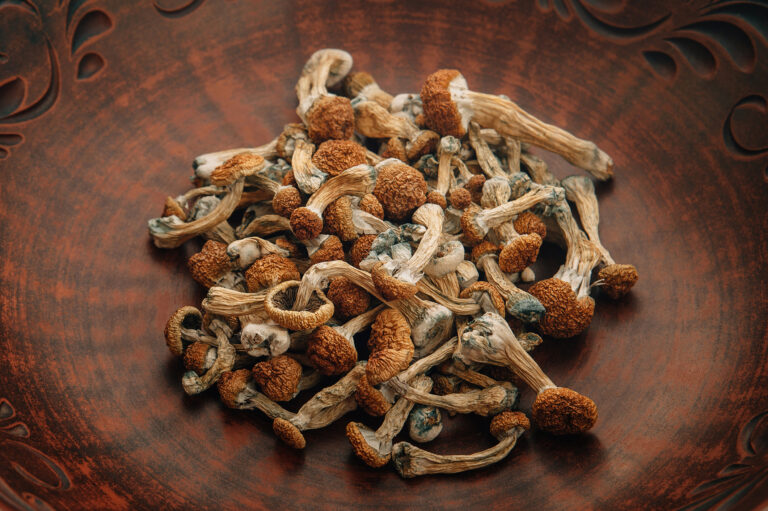
The Integrative Psilocybin Mushroom Specialist (IPMS)™ is a new 4-part micro-credential training on understanding the role and current research for psilocybin mushrooms in supporting chronic and complex problems related to mental health and stress. With a rapidly changing landscape, Oregon and ACHS are leading the charge. Oregon Voters passed Ballot Measure 109 in November 2020, which legalizes the use of psilocybin mushrooms by trained professionals starting in January 2023. This 4-course micro-credential provides a comprehensive foundation in the research and protocols for using psychedelic psilocybin mushrooms to support health and wellness.

Learn it and get herb gardening! Start now and be ready to reap the rewards and stock up your herbal medicine cabinet with your own herbal preparations.
Knowing how to grow your own herbs not only is cheaper than you think, it makes you an eco-warrior and a global sustainability hero. You can grow herbs all year round with the right information, and you will learn to harvest and prepare your herbs into medicine.
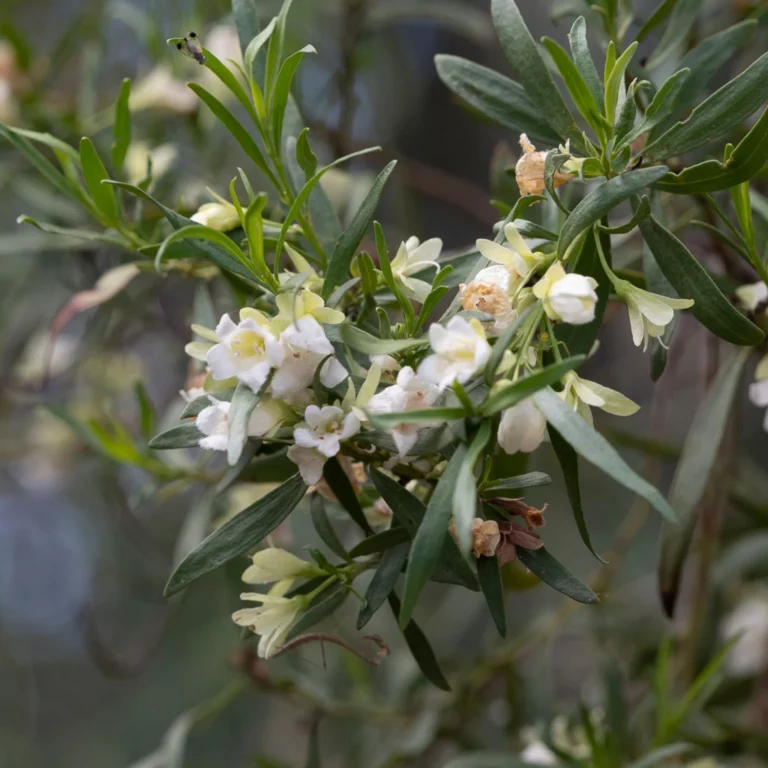
This micro-credential focuses on Buddha Wood essential oil, delving into its origin, extraction process, properties, benefits, and various applications in aromatherapy, skincare, and natural health. Throughout the course, students will explore the characteristics and active constituents of Buddha Wood (Eremophila mitchellii), including its Latin name, family, history, cultivation, harvesting, and production techniques. Gain insight into its therapeutic actions and medicinal uses, understanding its chemical components, aroma, and traditional applications. Learn about recommended dosages, precautions, contraindications, toxicity levels, and regulatory status. By the end of the course, students will possess the knowledge to craft effective formulas utilizing Buddha Wood essential oil, including wellness blends and household or perfumery applications.
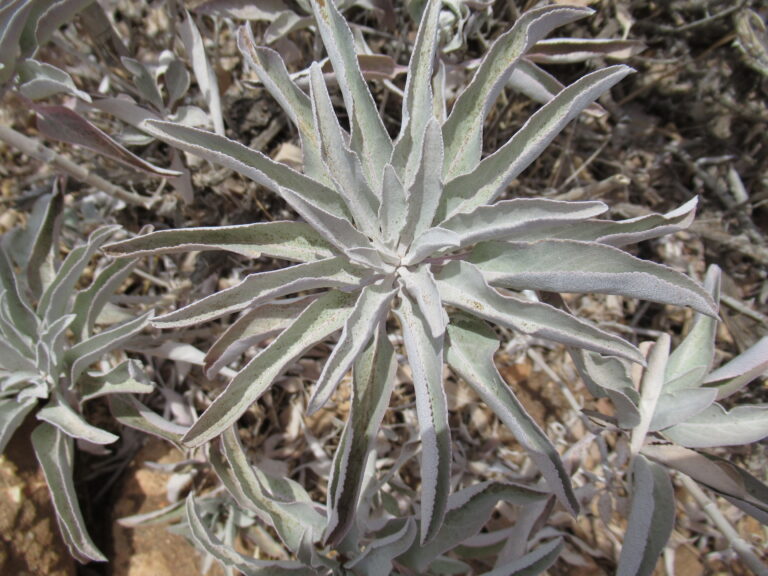
This micro-credential provides an in-depth exploration of White Sage essential oil, covering its benefits, safe usage practices, and cultural significance. Emphasis is placed on the importance of sustainability, highlighting the necessity of sourcing from cultivated plants to ensure the future of White Sage. Armed with this understanding, students will be equipped to promote sustainable practices within the herbal medicine and aromatherapy industries. By the course's end, participants will have acquired the ability to discuss the characteristics and active constituents of White Sage (Salvia apiana), its therapeutic actions, properties of the essential oil, dosage recommendations, and create effective formulas for various applications.

This four course micro-credential is designed to prepare you to sit the National Association of Nutrition Professionals (NANP) Certified Dietary Supplements Professional exam and earn the CDSP™ credential.
Courses cover all aspects of working with dietary supplements including micro and macronutrients; nutraceuticals including herbs, homeopathy, and medicinal mushrooms; related anatomy and physiology; legal considerations; and holistic lifestyle modifications. Prepare to earn NANP's CDSP credential with this dietary supplement exam prep course.

The green wave of cannabis legalization continues across the United States. The growth of jobs in the cannabis field is predicted to reach 500,000 full-time jobs by 2023.* The main focus of job growth will be in cannabis retailing (budtenders), cannabis and hemp processing, formulation, and cannabis and hemp horticulture.
The Integrative Cannabis Specialist (ICS)™ micro-credential is designed to provide a foundation for learners interested in pursuing current and future jobs in the cannabis and hemp industry including legal issues; clinical components of cannabis and hemp, including major cannabinoids, minor cannabinoids, terpenoids, and other constituents; and cannabis safety.
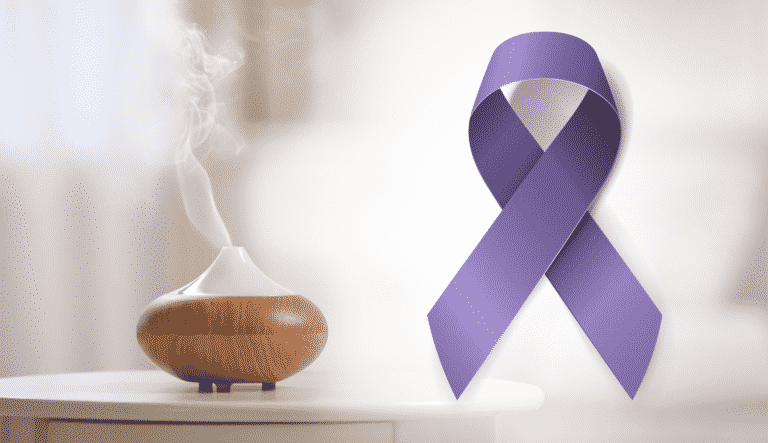
This series of webinar presentations is designed to highlight the current body of research demonstrating the potential aromatherapy has as a complementary part of cancer care. We recognize the value and need for evidence-based information on this topic for students, alumni, aromatherapists, healthcare providers, and the public alike.
Our ACHS Aromatherapy faculty have diverse backgrounds and areas of expertise alongside decades of experiences, bringing together the best of research, professional experience, and aromatherapy knowledge.
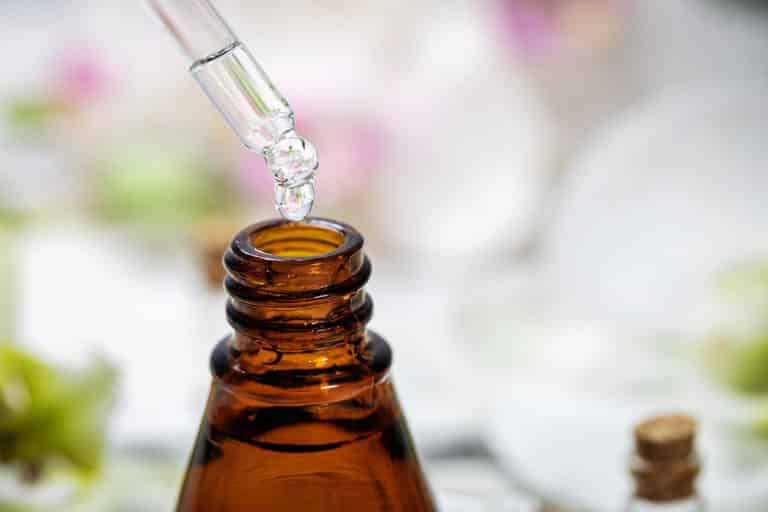
Discover the science behind aromatherapy and uncover how essential oils work in the body to create physiological and psychological effects. Study strategies for creating effective essential oils blends that meet your desired goals for aroma and therapeutic use.
This credential is a must-have for any aromatherapy enthusiast interested in adding aromatherapy to their personal or professional life. This micro-credential is designed to prepare earners to qualify for the National Association of Holistic Aromatherapy (NAHA) Certified Level 1 Aromatherapist® membership.
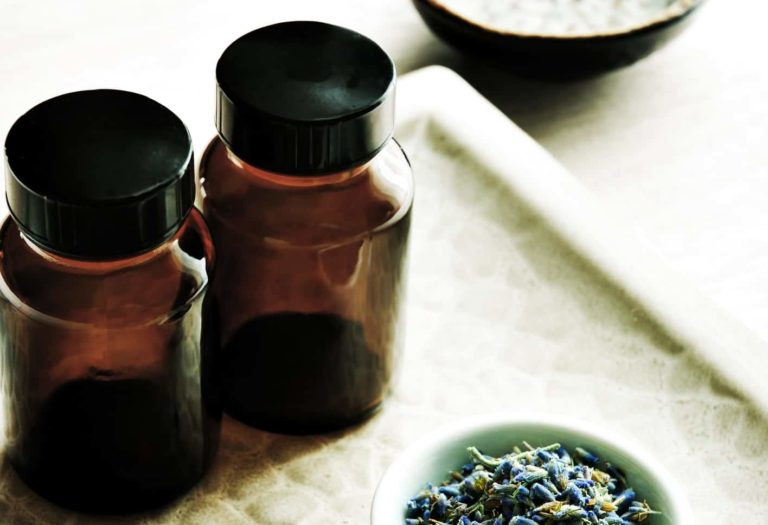
The Certified Aromatherapy Safety Professional (CASP)™ credential is a comprehensive, four-course microcredential providing critical aromatherapy safety training for today's product formulators, practitioners, retailers, distributors, or consumers.
You'll learn how essential oils can cause allergic reactions, the importance of proper storage of essential oils and carrier oils, first aid guidelines for aromatherapy, how to mitigate adverse reactions, toxicology in aromatherapy, and much more! Expand your aromatherapy safety expertise with this comprehensive credential.
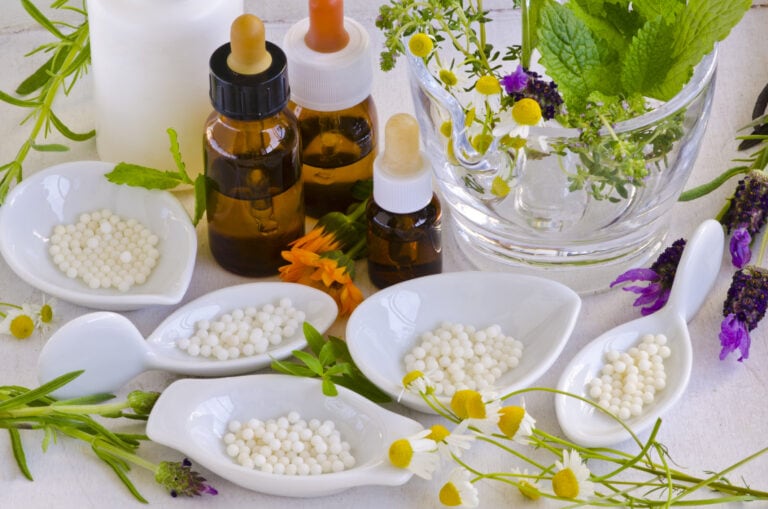
Homeopathy involves supporting wellness with minute doses of remedies, which, when taken in larger doses by healthy people are capable of producing symptoms similar to the dis-ease it is supporting. It is based on the natural law of healing “Similia Similibus Curantur,” which means “like cures like”.
This micro-credential leads students through the theories of homeopathy and the uses for low-dose homeopathic remedies available in most health food stores today. Earn this micro-credential upon completion of the ACHS NAT 204: Energetic Modalities II course for undergraduate students or the HOM 501 Homeopathy course for graduate students. Learn more by visiting the Integrative Homeopathy Specialist program page.
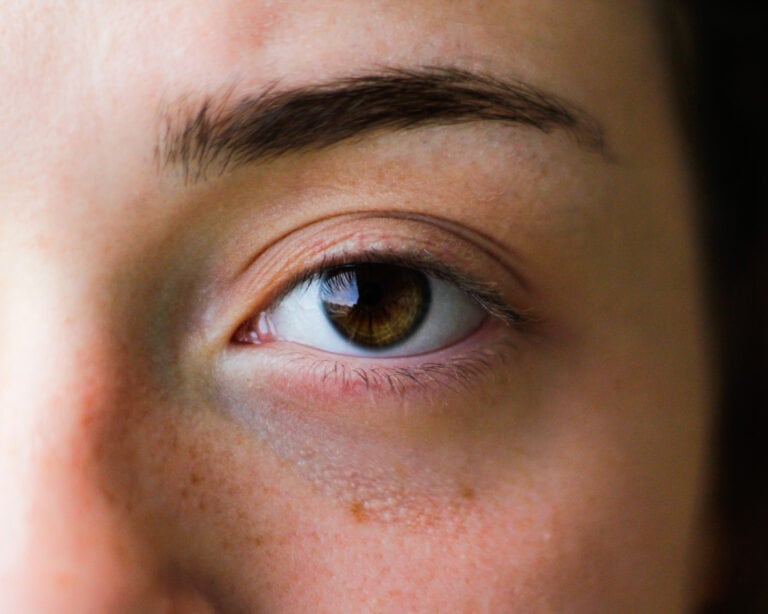
This micro-credential leads students through the theories of iridology, from historical to modern-day, including the modern controversies and uses in an integrative wellness setting or for personal health. Iridology is based on the theory that it is possible to assess health and sub-health issues by analyzing changes in the structure, texture, and color of the iris and pupil of the eye.
Before symptoms or pathology develop in the body, iridology may reveal that organs or systems are overstressed, under- or over-functioning, or predisposed to disease. By predicting areas of lowered resilience, iridology can be used as a preventive health support. Learn more by visiting the Integrative Iridology Specialist program page.

The Functional Blood Chemistry Analysis Specialist™ micro-credential* provides a foundation for a holistic approach to understanding blood chemistry analysis and functional labs, emphasizing optimal values rather than clinical ranges. This micro-credential also emphasizes a correlation between all parts of the body, not just one independent biomarker. Students will develop an ability to effectively analyze an individual’s nutrition and supplement needs by reviewing functional blood chemistry labs. This course also provides a comprehensive and scientific means of monitoring an individual’s overall state of health.*
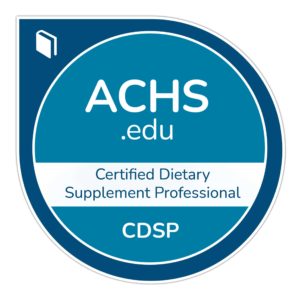 Include your ACHS digital transcript with your CV or resume.
Include your ACHS digital transcript with your CV or resume.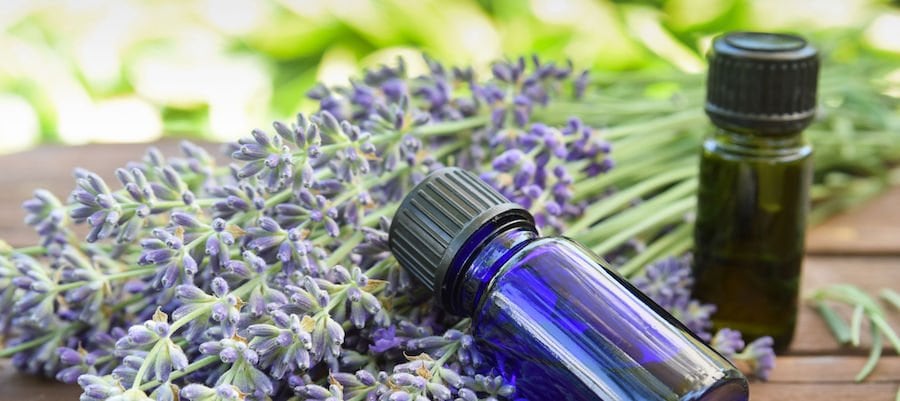
In addition to micro-credentials, ACHS offers on-demand courses to help you explore new areas of study, discover wellness for personal health, and explore where a holistic health education may take you!



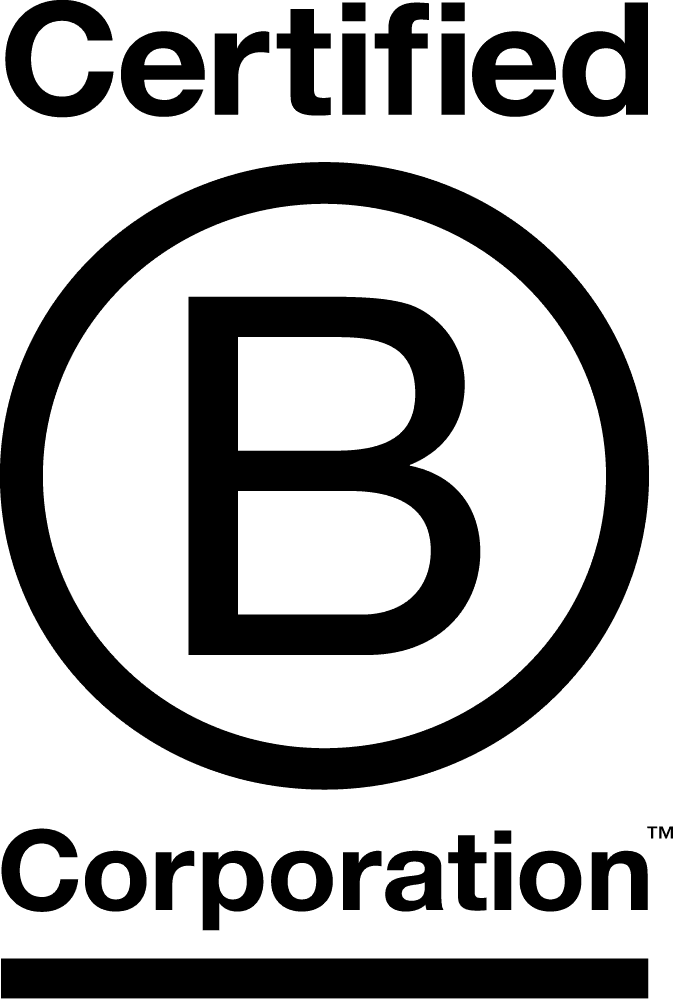

5005 S. Macadam Ave.
Portland, OR 97239
Monday through Friday
8:30 a.m. to 4:30 p.m. PST
(800) 487-8839
503-244-0726
Monday through Friday
8:30 a.m. to 5:30 p.m. PST